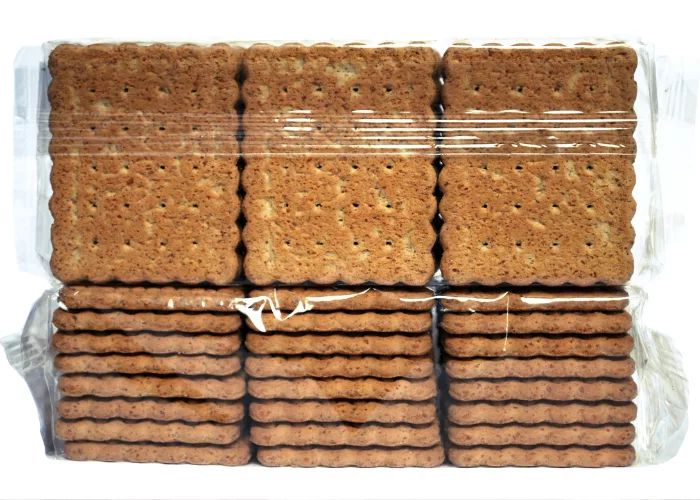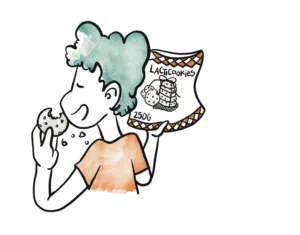AGEC Law, SUP Directive, PPWR, microplastics ban, PFAS prohibition… In recent years, numerous regulatory measures have been introduced to support the circular economy. To such an extent that it can sometimes be hard for industrial players to keep up!
But one thing is certain: opting for a solution provided by Lactips makes it possible to replace traditional plastics and comply with regulations.
AGEC law and the SUP directive
The Anti-Waste Law for a Circular Economy (AGEC), enacted in 2020, aims to sustainably transform our production and consumption models.
One of its major focuses is to end single-use plastic packaging by 2040 through waste reduction, reuse, repurposing, and recycling.
To meet these objectives, businesses are required to develop five-year prevention and eco-design plans, revised every 5 years, to increase the use of recycled materials and improve recyclability.
Additionally, the reduction of single-use plastics is also a goal at the EU level, expressed in the Single-Use Plastics Directive (SUP) 1 , which shares several provisions with the AGEC law.
The issue of packaging recyclability
For many industries, particularly the packaging sector, improving the recyclability of multilayer packaging remains a significant challenge.
This is especially true for paper-based packaging, where barrier layers often disrupt recycling processes.
|
How Lactips complies with AGEC
Lactips offers a plastic-free paper coating that is:
Moreover, natural polymers like those used by Lactips are excluded from the scope of the SUP directive.
|
PPWR
Adopted on December 16, 2024, the Packaging and Packaging Waste Regulation (PPWR) is new EU legislation aimed at reducing packaging waste, increasing recycling, and harmonizing packaging rules across the EU.
It replaces the Packaging and Packaging Waste Directive (PPWD) and sets ambitious goals to make all packaging reusable or recyclable by 2030.
The PPWR is clearly inspired by France’s AGEC law, although it is less restrictive in some areas.
|
How Lactips complies with the PPWR
As mentioned earlier, Lactips enhances packaging recyclability, notably by improving fiber recovery rates. Lactips also helps meet several key PPWR targets:
|
Sorting of biowaste at the source
The AGEC law made source separation of green and food waste mandatory. These types of waste, which account for one-third of France’s unsorted household waste, must now be:
-
Either composted at home
-
Or collected by local authorities
|
How Lactips complies Lactips polymers are bio-based and biodegradable in all environments. They are certified TÜV Home Compost. Packaging coated with our resins can therefore be composted at home or in industrial composting facilities. Examples of applications:
|
Replacing PFAS
Per- and polyfluoroalkyl substances (PFAS) are widely used for their non-stick, water-repellent, and grease-resistant properties.
These controversial chemicals, often found in food packaging, will soon need to be replaced. A ban on PFAS in food-contact packaging (falling under the PPWR scope) is set for 2026.
|
How Lactips complies
Lactips provides a non-toxic alternative to PFAS for food packaging coatings. Our resin ensures compliance with food contact regulations without the risk of controversial substances like PFAS migrating into food.
|
Microplastics
Until recently, the intentional addition of microplastics to certain products was allowed. But the scale of microplastic pollution has led authorities to impose new restrictions.
In France (Article 82 of the AGEC law), it is now forbidden to market any substance in the form of intentionally added microplastics in concentrations equal to or greater than 0.01% by mass.
Moreover, microplastics are also banned in:
-
Rinse-off exfoliating or cleansing cosmetics (from 2026)
-
Other rinse-off cosmetics (2027/2029)
-
Medical devices (2029)
-
Detergents and cleaning products
|
How Lactips complies By living up to its motto : “Natural Solutions to Microplastics” We are committed to fighting microplastic pollution.
|
Interested in integrating Lactips solutions into your products?
Don’t hesitate to reach out to our team!
- Directive (EU) 2019/904 du Parlement européen et du Conseil du 5 juin 2019 [↩]



